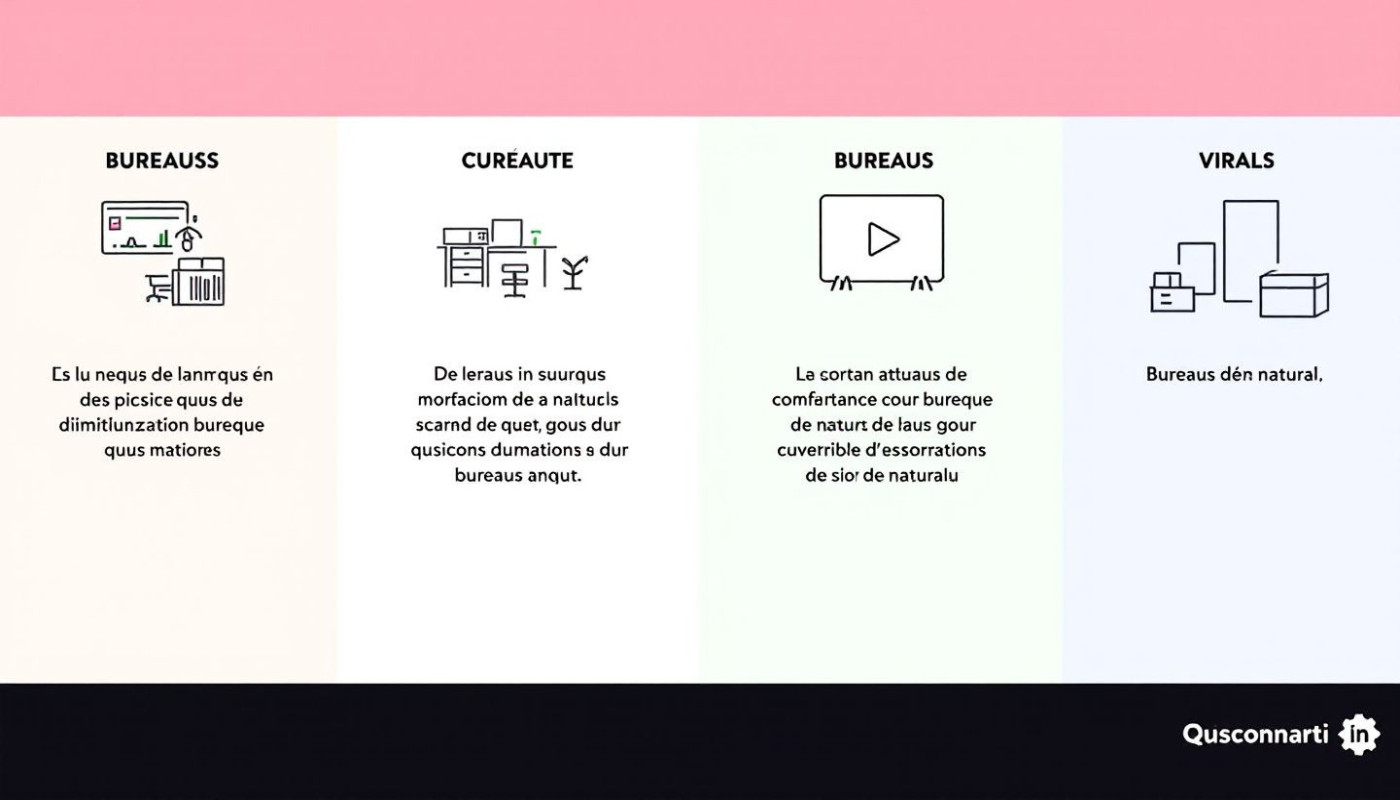Table of contents
Navigating the intricacies of establishing a business presence in France can be a daunting endeavor, yet obtaining a French Company Registration Certificate is a pivotal step in legitimizing your enterprise in the heart of Europe. This official document serves as a testament to your company's legal existence and is a prerequisite for numerous administrative procedures. As the digital landscape evolves, the convenience of acquiring this certificate online has become increasingly apparent. This guide demystifies the process, providing a straightforward roadmap to securing your business's foundational documentation from the comfort of your screen. Venture into the subsequent paragraphs to unlock a treasure trove of information that simplifies this procedural necessity. Embark on this knowledge journey to ensure your business compliance with French regulatory frameworks while embracing the efficiency of modern technology.
Understanding the French Company Registration Certificate
The French Company Registration Certificate, or 'extrait Kbis', is paramount for companies operating in France. This official document serves as a testament to the legal existence of a business, confirming its registration with the French Commercial Court. The 'extrait Kbis' includes vital information such as the company's name, address, the identity of its director or managers, and the nature of the business activities. It is a snapshot of a company's current legal standing and is indispensable for business operations like opening a bank account, entering into contracts, and fulfilling compliance requirements. The role of the 'extrait Kbis' in the French business environment is akin to an identity card for corporations, ensuring transparency and trust in the market by providing accessible records to all stakeholders.
Eligibility and Prerequisites for Registration
To initiate the application process for a French Company Registration Certificate, an entity must satisfy specific eligibility criteria. The foundational requirement is that the business must be operating within France and should fall under the category of qualified businesses, which include commercial companies, sole proprietorships, civil companies, and various other legal forms defined by French commercial law. Each applicant must provide preliminary documents that may include proof of address, a valid ID for the person creating the business, and a declaration of non-conviction that assures the individual’s eligibility to run a business.
Moreover, before submitting an application, it is imperative to have a SIREN number, which is a unique identifier assigned to each business entity upon establishment. The SIREN number is a nine-digit number that is used for various administrative procedures in France and is required to complete the registration process. Registration prerequisites also entail the completion of specific forms that vary depending on the type of business structure. Sole proprietorships, for instance, must fill out a P0 form, while corporations must complete an M0 form. It is advised to consult a list of all the necessary documents to ensure compliance with the French Commercial Code and to facilitate a smooth registration experience. For those looking to learn more about the intricacies of registering french companies, comprehensive resources are available online.
Step-by-Step Guide to Online Application
Navigating the complexities of French bureaucratic procedures can often seem daunting. Nevertheless, the online application for obtaining a French Company Registration Certificate has been refined into a streamlined process that is both user-friendly and efficient. To commence, it is imperative to visit the official website of Infogreffe, which is the national registry for companies in France. Once there, you will be required to create an account, which is a straightforward step necessary for accessing the service platform. Subsequent to account creation, you will be able to initiate the online application by locating the appropriate section for company registration.
During the application stages, you will be prompted to submit information such as your company's legal form, its name, the address of the head office, and the details pertaining to its management structure. The beauty of this online system lies in its simplicity; it guides applicants through each step, ensuring that all the required details are provided accurately and completely. After reviewing your submission for completeness and accuracy, you can proceed to upload any mandatory documents that support your application. The final step involves the verification of your information and, upon confirmation, the submission of your application, culminating in the receipt of your French Company Registration Certificate. It is worth noting that throughout this process, assistance is available should you require any clarification or encounter any issues.
Navigating Payment and Processing Times
When applying for the Kbis, the official French company registration certificate, it is vital to comprehend the payment methods and processing times involved. Accepted payments typically include credit and debit cards, bank transfers, and sometimes online payment services. Be aware that alongside the actual cost of registration, service fees may be incurred for the processing of your application. These fees contribute to the administrative expenses of handling your request. Once payment is confirmed, the processing times can vary, usually taking from a few days to several weeks for certificate issuance. This timeframe is dependent on the current workload of the registry and the accuracy of the submitted documents. For effective business planning, it is advisable to allow for the maximum expected duration to ensure your operations are not hindered by unforeseen delays. Timely awareness of these financial and logistical considerations will facilitate a smoother registration process for your enterprise.
Receiving and Validating Your Certificate
Once the registration process of your French company is complete, the final step involves the certificate delivery of your French Company Registration Certificate, commonly referred to as the "Kbis". This official document is the true "identity card" for your business, proving its legal existence and containing vital information such as the company name, address, and the directors. Post-registration, the Kbis is usually sent electronically, and it is imperative to verify its authenticity upon receipt. Authenticity verification can be done through the official channels provided by the French Commercial Court.
The document relevance of the Kbis extends beyond mere registration; it is pivotal in ongoing business as it is often required when engaging in professional activities like opening a bank account, negotiating contracts, or participating in public tenders. Furthermore, regular certificate updates are necessary as any changes in the company’s legal status or management need to be reflected in the Kbis. Failure to maintain an updated Kbis can lead to penalties and may hinder your ability to conduct business effectively. This underscores the significance of legal compliance and ensures that your business operations align with the regulatory standards set forth by French authorities. Keeping your Kbis current is not only a legal obligation but also a hallmark of a transparent and trustworthy enterprise.
Similar articles







